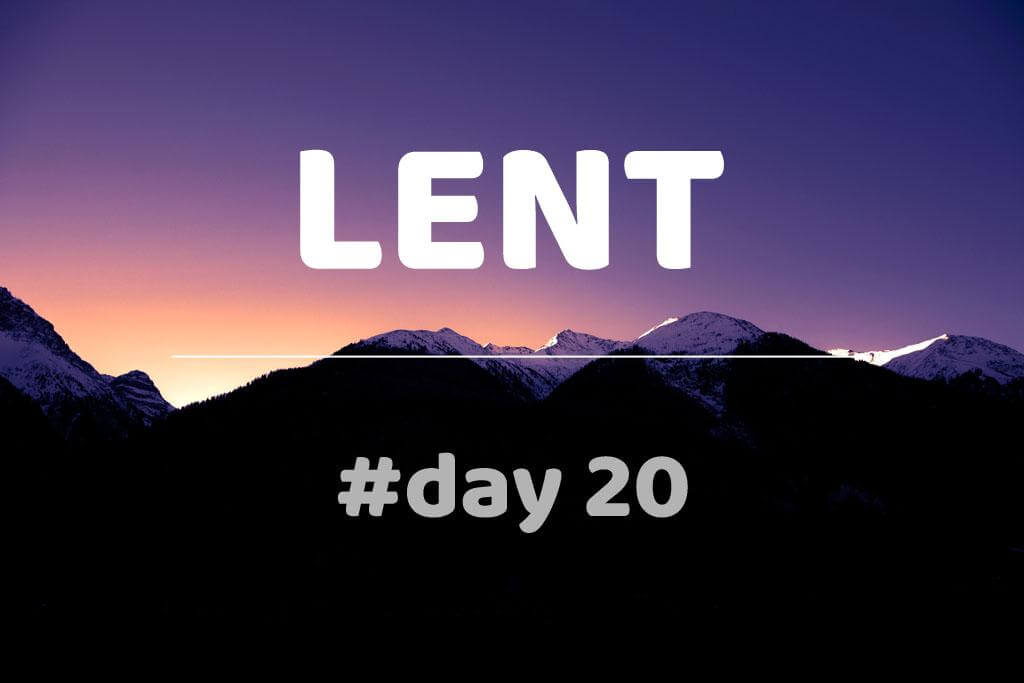Blog Search Results

Did you mean:
church fathers
?
193 results for Church Fathers
found
within the Blog
6 displayed out of 193 (0.94seconds)Page 5 of 33

Understanding The New Testament: Inspiration, Canonisation, And Historical Context
Posted by Luke J. Wilson on 23rd December 2023 in Early Church | Inspiration,Scripture,early Church,early Church Fathers,islam,Bible
A common modern perception of the inspiration of Scripture often portrays it as a rigid, divine dictation of words from God to be written down verbatim. This perspective leads to concerns among some religious communities, such as Muslims, who view any alteration or addition to the text as a potential threat to the entire faith. The Islamic understanding of inspiration emphasises direct and unalterable divine dictation, contributing to their scepticism of multiple Bible translations, which they falsely label as “corruption”.
In contrast, the Biblical inspiration of the Scriptures has never been viewed as a literal divine dictation, as if the apostles were un...
The Coming of Jesus: The Olivet Discourse – Part 2
Posted by Luke J. Wilson on 3rd February 2016 in Second Coming Series | Second Coming,Return of Christ,Return of Jesus,Preterism,Prophecy,Last Days,Left Behind,Eschatology,Matthew 24,Olivet Discourse,Josephus,history,Part 2,Desolation,Temple Destruction,Jewish War,70AD
...ous Early Church Fathers, such as Irenæus).
As an intriguing side-note, the 4th century “Codex Sinaiticus” included Barnabas and The Shepherd alongside the rest of the New Testament books in its canon.
Barnabas even links the 70AD event to the completion of “the Week” which harkens back to Daniel’s prophecy, as did many other early Christian writers over the first four centuries, such as: Clement of Alexandrea, Origen, Tertullian, and Athanasius.
You can see why they thought this way if you contrast Daniel 12:4, in which the angel tells Daniel to “seal up” his words “until the time of the end” with Revelation 22:10 where the angel tells J...
Is Halloween a Pagan Holiday?
Posted by Luke J. Wilson on 30th October 2017 in Halloween | halloween,all saints day,all hallows eve,early Church,tradition,cultural and society,celebrations,festivals,holidays,holy day
...It's that time of year when you begin to see various articles and debates online about Hallowe'en, and whether it's entirely pagan in origin and the Church "stole it"; or if it's something that Christians should even have any part in.
Table of Contents
Origins of the holiday
Aren’t there pagan roots?
What about “Trick or Treat”, costumes and pumpkins?
In conclusion
To some people, the answer is a straightforward “no”, while others say it falls into the realm of Christian freedom and personal discernment. But what about if you're unsure or somewhere in the middle of those two positions, how should you decide what is the right thing to do?...
Lent Day 20: Cyprian: On the Unity of the Church: 19-27
Posted by Luke J. Wilson on 23rd March 2017 in Lent | Lent,great lent,fasting,early Church Fathers,devotional,daily reading,Cyprian,Bishop of Carthage,unity
...Day Twenty: St. Cyprian: On the Unity of the Church: 19-27
Who: Third century bishop of Carthage (in modern Tunisia), and martyr from Africa
What: A letter to encourage the unity of the Church against schisms and heresy during massive Roman persecution
Why: A disturbance had happened in the Church because of a priest called Novatian — a schismatic of the third century, and founder of the sect of the Novatians. Cyprian wrote to counter this and argues that there can only be one united Church, and the Novatian breakaway was a false Church and that Novatian was an antipope.When: Around 249 AD
You can find today’s reading on page 102 here: lentFatherscomple...
Spiritual Disciplines of the Early Church: Ancient Practices for the 21st Century
Posted by Luke J. Wilson on 17th June 2019 in Early Church |
...ghout the Church Fathers' works on the subject, but I find this quote from Augustine sums it up succinctly:
“Fasting cleanses the soul, raises the mind, subjects one’s flesh to the spirit, renders the heart contrite and humble, scatters the clouds of concupiscence, quenches the fire of lust, and kindles the true light of chastity. Enter again into yourself.”
Augustine; Sermon, On Prayer and Fasting, LXXII (c. 393–430)
Fasting was also not just total denial of food all day, but often only until sundown (or evening meal), and would comprise of bread and water with some oils to dip the bread in. Some may be more like a vegetarian diet, but with no oi...Creedal Christians: The Nicene Creed
Posted by Luke J. Wilson on 2nd June 2019 in Early Church | nicene creed,nicea council,creeds,creedal christians,creedal
...The Nicene Creed — what is it and why is it called that?
This creed gets its name from a time and place: the first ecumenical Church council held at Nicaea, which is now known as İznik in northwestern Turkey, in 325 AD.
Now that may raise another question for you: what is an ecumenical council? Well, to explain more about the Nicene Creed, we are going to have to take a look at The First Council of Nicaea in order to better understand why this creed was written.
First things first though; an “ecumenical council” is ideally a Church-wide meeting where all the Bishops from all across the Church come together to hold a very large and very important meetin...

